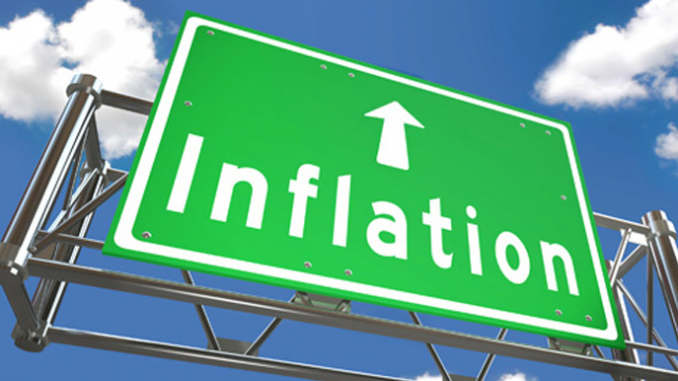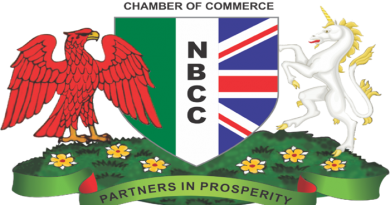Nigeria’s inflation hits 26.72% as food prices rise
- food inflation rate in September rose by 7.30% to 30.64 per cent
The National Bureau of Statistics (NBS) said on Monday that Nigeria’s annual inflation rate rose to 26.72 per cent in September from 25.80 per cent in August, even as the statistics office said the September 2023 headline inflation rate showed an increase of 0.92 per cent points when compared to the August 2023 headline inflation rate.
The NBS said on a year-on-year basis, the headline inflation rate was 5.94 per cent points higher compared to the rate recorded in September 2022, which was 20.77 per cent.
“This shows that the headline inflation rate (year-on-year basis) increased in September 2023 when compared to the same month in the preceding year (i.e., September 2022),” it said.
According to the report, the food inflation rate in September quickened to 30.64 per cent on a year-on-year basis, which was 7.30 per cent points higher compared to the rate recorded in September 2022 (23.34 per cent).
Food prices have been on the rise across Nigeria in recent years. The situation deteriorated due to the impact of government policies such as the removal of subsidies on petrol, among others.
President Bola Tinubu on 29 May during his inauguration, announced the removal of subsidy on petrol. This development has caused hardship for many Nigerians with its attendant increase in the prices of goods and services.
Over the past four months, the naira has depreciated by over 50 per cent at both the authorised and unauthorised market segments, after the Central Bank of Nigeria (CBN) announced in June that it had collapsed all forex windows into the Investors and exporters (I&E) window.
The move, according to the apex bank, is part of the Nigerian government’s efforts to improve liquidity and stability in the market and attract foreign investors into the Nigerian economy.
Although the policy was widely applauded as well-intentioned and necessary, it has put additional pressure on the local currency and manufacturers, with ripple effects on domestic prices.
Inflation has remained high in Africa’s largest economy, prompting the apex bank to hike interest rates to their highest levels in nearly two decades.




